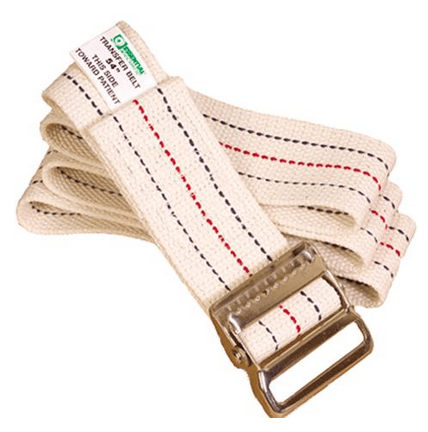It may sound cliche but drinking water and staying hydrated is paramount to living a healthy life…this includes having healthy joints as well!
The Human Body Is 70-80% Composed Of Water
This fact may come as a surprise since your body seems a bit more solid than a glass of water…so how is this possible? Let’s throw it back to high school biology class to explain.
If you recall, the human body is made up of cells. Each cell is compartmentalized into smaller and smaller sections with each subsequent compartment being closed off by walls. Within these cell walls is not air but actually a water-based solution – called cytoplasm– in which the small organs that lay within the cell quite literally float around and even swim within.
To paint a mental picture, a common cell is like a filled fishbowl; the glass bowl are the cell walls, and the fish within the bowl is like the small organs that float around within the cell and, quite literally, the water within the fishbowl is like the water-based solution that lay within and make up the majority of the common cell.
So, As you can imagine, although yes, humans are not *technically* made of water, the human body and its billions of cells collectively contain a huge amount of water within the body! And this doesn’t even include the other places that water can be found in the body, like: in the blood stream, saliva, and even…within joints!
Water and the Joints: Synovial Joints!
So onto the joints and how water affects them; the major joints in the body – the knee, shoulder, ankle, etc. – are classified as a synovial joint. These types of joints are not far off from how a cell functions. These joints are fluid- filled capsules similar to a cell and it’s cell walls. The fluid within these joints are composed of a thick, water based fluid that helps provide a seemingly friction-less and shock absorbing surface on which the joint can move.
However, these joints cannot function optimally if the water content of the fluid is too low. This can lead to a reduction in overall fluid volume. Which then can lead to increased friction within the joint itself thus leading to joint discomfort, stiffness and even pain!
How much water should I drink a day to stay hydrated?
Your specific hydration requirements are highly subjective due to factors. These include age, sex, activity level, and even outdoor temperatures all having an effect on the amount of fluid intake you may need to be well hydrated. Here are a few general tips on how to know whether your body is well hydrated or dehydrated:
- Physical symptoms: Pay attention to your body. If you notice that you are feeling thirsty, your joints may be stiff, you are starting to develop a headache, or even your mouth is dry…these are all signals by your body that you are dehydrated and should drink a glass of water.
- Urine Output: This relates to the amount of urine you produce. When you urinate, notice if there was a large amount or small amount urinated. Generally, a large output of urine is a good sign that you hydrated! And a smaller amount of urine output means you are heading towards dehydration.
- Urine color: Many things can affect your urine color. But generally, the clearer your urine the more hydrated you are. A light yellow color is the goal for optimal hydration, although a clear urine color is not bad either. However, clear urine may indicate that you are too hydrated and might want to think about reducing fluid intake a small bit.
Joint Pain Can Be One Of Many Causes of Joint Pain
Although waking up dehydrated is a fairly common issue the majority of Americans face, it may be the reason why you wake up in the morning feeling stiff! Dehydration may be the reason why you experience joint pain, stiffness, or discomfort.
Here is a short list of common conditions and issues that can lead to joint discomfort:
- Rheumatoid Arthritis
- Gout
- Osteoarthritis
- Soft tissue injuries
- Ligament strains
- Torn meniscus
- Plica
- Bursitis
If your pain or discomfort continues after you are thoroughly hydrated, you may want to schedule a visit to your primary care physician or your local physical therapist to get to the foot cause of your joint discomfort.
In Health,
Kyle Kazmier, B.S., NASM-CPT, CES


